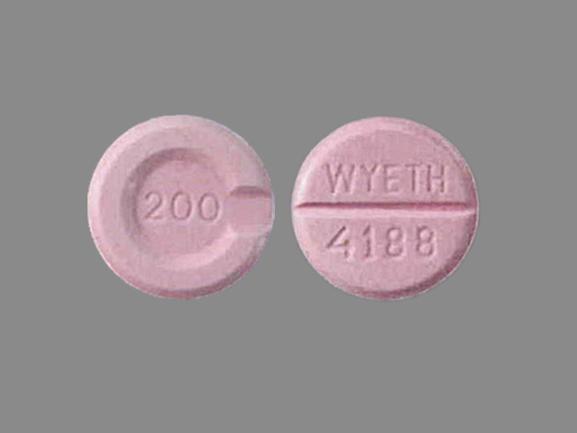Cordarone Interactions
There are 755 drugs known to interact with Cordarone (amiodarone), along with 10 disease interactions, and 1 alcohol/food interaction. Of the total drug interactions, 283 are major, 430 are moderate, and 42 are minor.
- View all 755 medications that may interact with Cordarone
- View Cordarone alcohol/food interactions (1)
- View Cordarone disease interactions (10)
Most frequently checked interactions
View interaction reports for Cordarone (amiodarone) and the medicines listed below.
- Aldactone (spironolactone)
- allopurinol
- aspirin
- atorvastatin
- carvedilol
- clopidogrel
- Coreg (carvedilol)
- Coumadin (warfarin)
- Crestor (rosuvastatin)
- Eliquis (apixaban)
- Flomax (tamsulosin)
- furosemide
- Lanoxin (digoxin)
- Lasix (furosemide)
- levothyroxine
- Lipitor (atorvastatin)
- lisinopril
- Lopressor (metoprolol)
- metformin
- metoprolol
- Nexium (esomeprazole)
- Norvasc (amlodipine)
- omeprazole
- pantoprazole
- Plavix (clopidogrel)
- potassium chloride
- spironolactone
- Synthroid (levothyroxine)
- Vitamin D3 (cholecalciferol)
- warfarin
Cordarone alcohol/food interactions
There is 1 alcohol/food interaction with Cordarone (amiodarone).
Cordarone disease interactions
There are 10 disease interactions with Cordarone (amiodarone) which include:
- dialysis
- pulmonary dysfunction
- sinus node dysfunction
- visual impairment
- cardiovascular dysfunction
- QT prolongation
- hepatic impairment
- neurologic dysfunction
- thyroid dysfunction
- electrolyte imbalance
More about Cordarone (amiodarone)
- Cordarone consumer information
- Compare alternatives
- Reviews (5)
- Drug images
- Side effects
- Dosage information
- During pregnancy
- Generic availability
- Drug class: group III antiarrhythmics
- Breastfeeding
Related treatment guides
Drug Interaction Classification
| Highly clinically significant. Avoid combinations; the risk of the interaction outweighs the benefit. | |
| Moderately clinically significant. Usually avoid combinations; use it only under special circumstances. | |
| Minimally clinically significant. Minimize risk; assess risk and consider an alternative drug, take steps to circumvent the interaction risk and/or institute a monitoring plan. | |
| No interaction information available. |
See also:
Further information
Always consult your healthcare provider to ensure the information displayed on this page applies to your personal circumstances.


